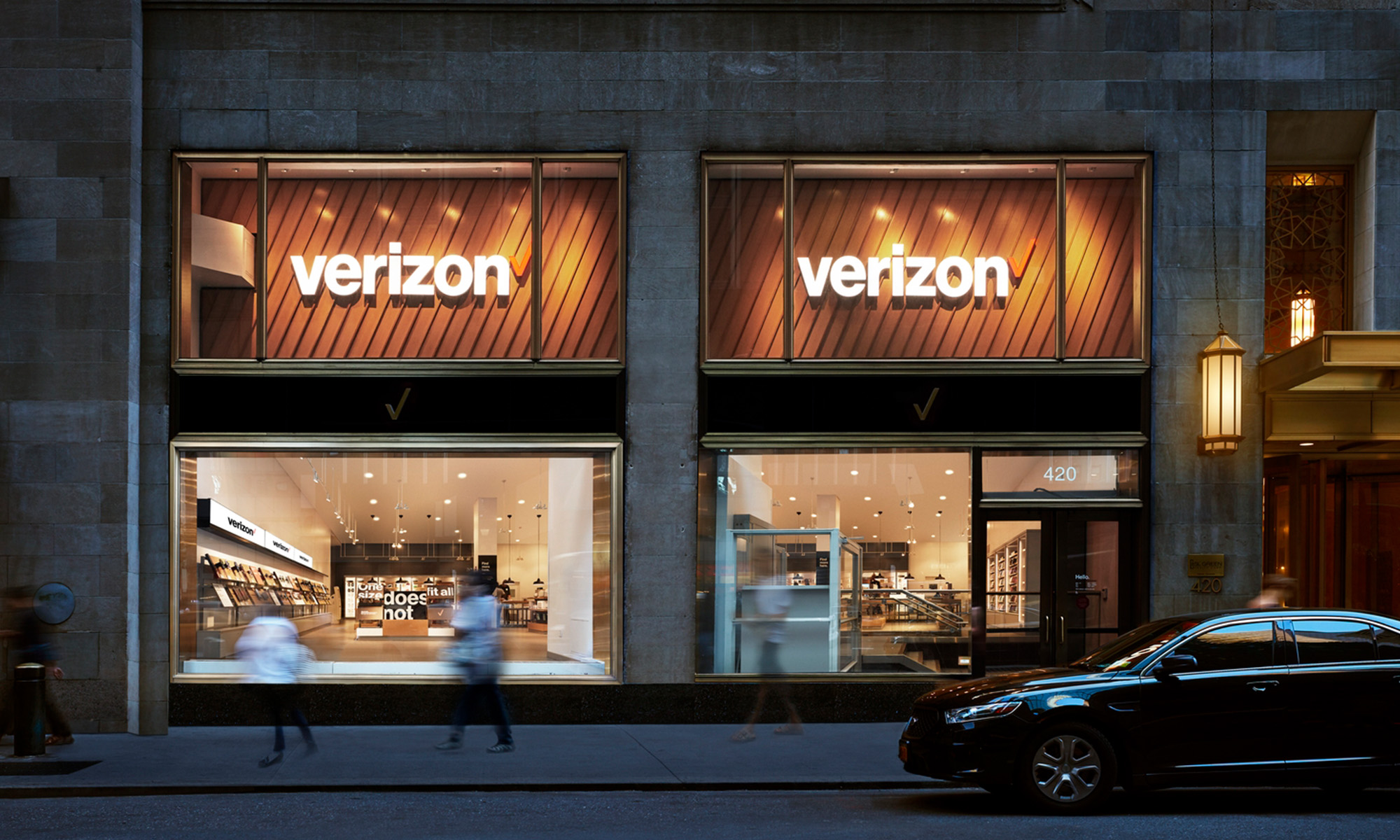You'd have to live under a very dense rock in order to have missed the news: AT&T (NYSE: T) wants to merge with Deutsche Telekom division T-Mobile USA, and the feelings are mutual.
Deutsche Telekom has been shopping around its American operations for some time, so a deal isn't surprising at all. Sprint Nextel (NYSE: S) has been the most popular buyer around the rumor mill, as unlikely as that combination looks on paper. What's shocking here is that the prospective partners actually believe the deal will pass regulatory muster.
This looks easy!
At a glance, AT&T makes perfect sense as a T-Mobile partner:
- Both networks operate under the GSM standard, so knitting their assets together should be a cinch.
- Though T-Mobile hasn't formally announced plans to build an LTE-based 4G network, it has all the radio spectrum licenses needed to go there -- or to flesh out AT&T's own spectrum portfolio.
- T-Mobile is the fourth-largest network in the USA and appears to be stuck there short of striking a major deal like this one.
- Tacking on nearly 34 million T-Mobile subscribers gives AT&T an instant leg up on Verizon (NYSE: VZ) in the never-ending two-horse race for mobile superiority.
… or maybe not.
It's that last point that'll cause problems when the Federal Communications Commission and other regulatory bodies come a-knocking. If Oracle (Nasdaq: ORCL) had to spend the better part of a year convincing just the antitrust folks that buying Sun Microsystems wouldn't create an undue threat to competition, this deal should be like swallowing a watermelon in a single gulp.
Oracle and Sun worked in largely separate industries with very little overlap between them. AT&T and T-Mobile USA are direct competitors in a single, very well-defined market. Moreover, the price tag is five times larger this time, and you're looking at a fusion between two of the top four providers of a high-profile consumer service.
Maybe it's unfair to judge AT&T's chances against the Sun sale, but we're looking at a magnified version of the same regulatory dynamics. The FCC had recently warned about decreasing competition in the wireless market before news about a buyout that will leave AT&T and Verizon controlling a combined 80% of the U.S. mobile market.
The ostrich strategy
You can bet that AT&T and the Germans are very aware of these roadblocks. AT&T CEO Randall Stephenson spent a large chunk of the deal-announcement conference call deflecting these concerns and finally grew reluctant to discuss the matter any further.
The mobile market is already highly concentrated after several rounds of consolidation. The AT&T Mobility you know and probably don't love today is the product of several old mergers and joint ventures; Sprint obviously bought Nextel to form Sprint Nextel; Verizon snapped up minor threat Alltel; and there's a lot of action going on among regional players as we speak.
The damage done
There's no way the Feds would allow the market to coalesce into another monolithic Ma Bell, but we might get close. If this deal is approved, Verizon would be forced to either join forces with Sprint Nextel or contemplate its own wide-ranging shopping spree. If you take U.S. Cellular (NYSE: USM) and MetroPCS (NYSE: PCS) off the table, large batches of mobile subscribers become hard to find, making a Verizon-Sprint hookup the more likely and less complicated option.
And then you'd have the AT&T-Mobile giant facing off against the Verizon Nextel monster, leaving consumers with reduced choices and the mobile market with a serious concentration of power. AT&T notes that most regions in the U.S. have five or more mobile providers available today, so competition shouldn't be a problem. After the proposed T-Mobile merger and the likely Verizon retort, you'd be down to three in many cases.
Like Alltel before it, T-Mobile has often been a thorn in the major networks' collective sides as it introduced market-changing initiatives, such as the "MyFaves" shortlist of free-calling contacts. I can't say that Verizon has become more consumer-friendly since gobbling up Alltel, and T-Mobile likely wouldn't magically transform AT&T either. In short, consumers lose if this scenario plays out as presented. The Feds may take a jaundiced view of that fact.
What's next?
The next few months will be very interesting, if not downright entertaining. Expect both legal and emotional arguments for and against the merger, including colorful TV ads designed to sway public opinion and give flavor to the dry regulatory process. The deal will look nigh-on guaranteed at times and dead like an over-flogged horse at others.
I don't know which side will win out. The one thing that's for sure is that consumers will lose, and investors in anything telecom-related are taking part in a huge gamble right now. It'll be weeks and maybe months before we know which way this dramatic event is leaning, and until then I'm loath to touch any of the service providers with my hard-earned investable cash. The risks are simply too high.
Adding them to my watchlist is another matter, as it's not only perfectly safe but also the best way to stay on top of the situation. Get started right now:
- Add AT&T to your watchlist
- Add Verizon to your watchlist
- Add Sprint Nextel to your watchlist
- Add MetroPCS and U.S. Cellular as well, for an alternative view of the market




